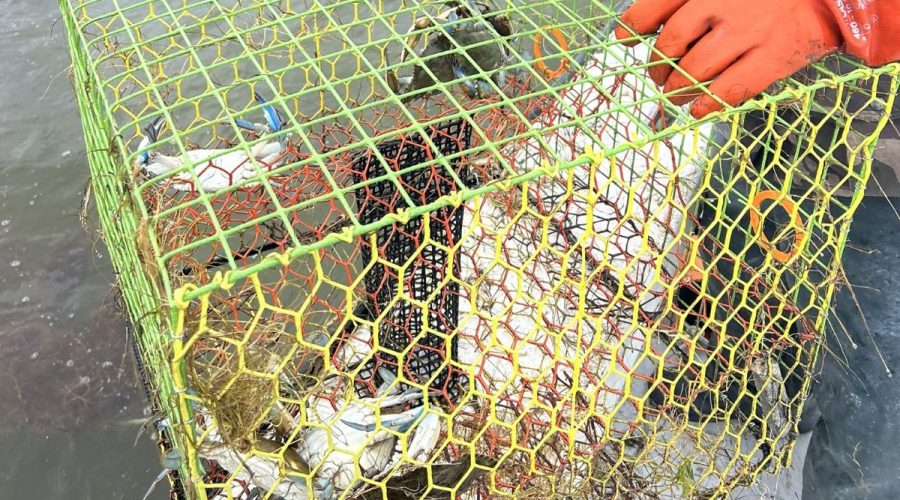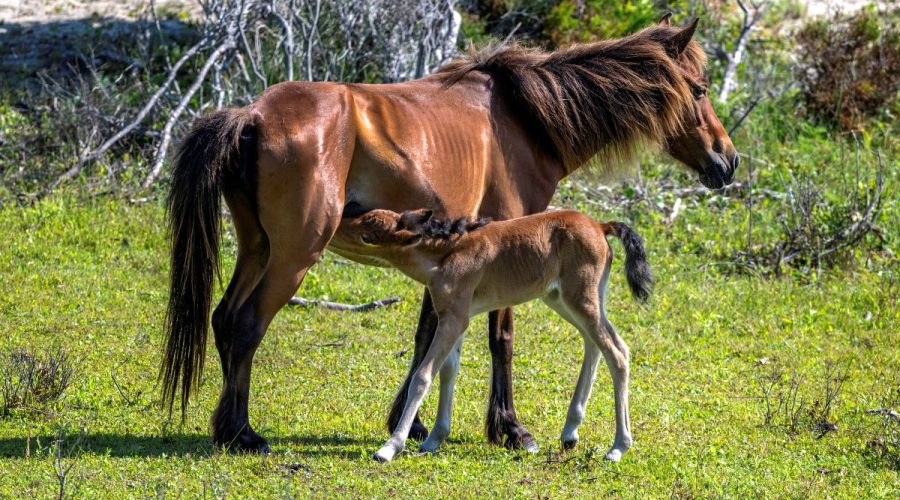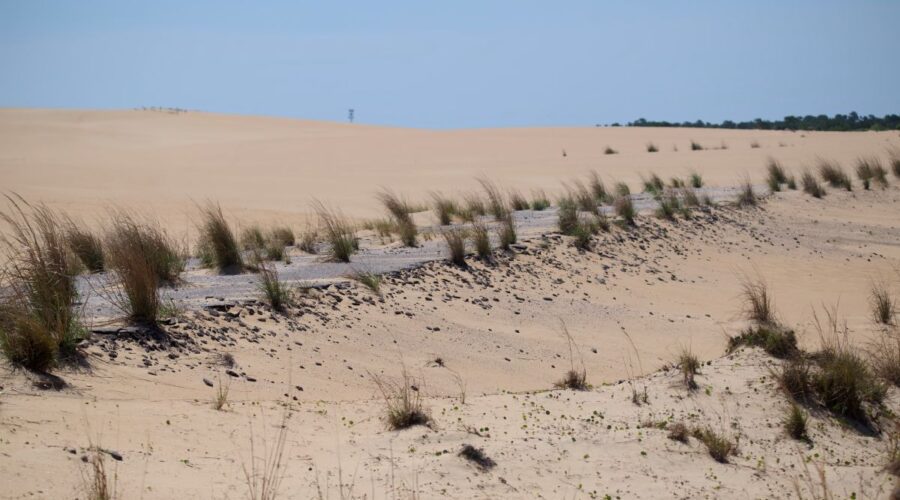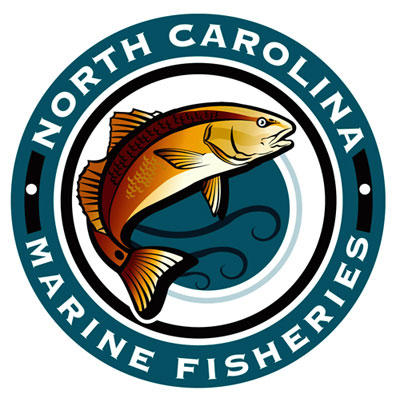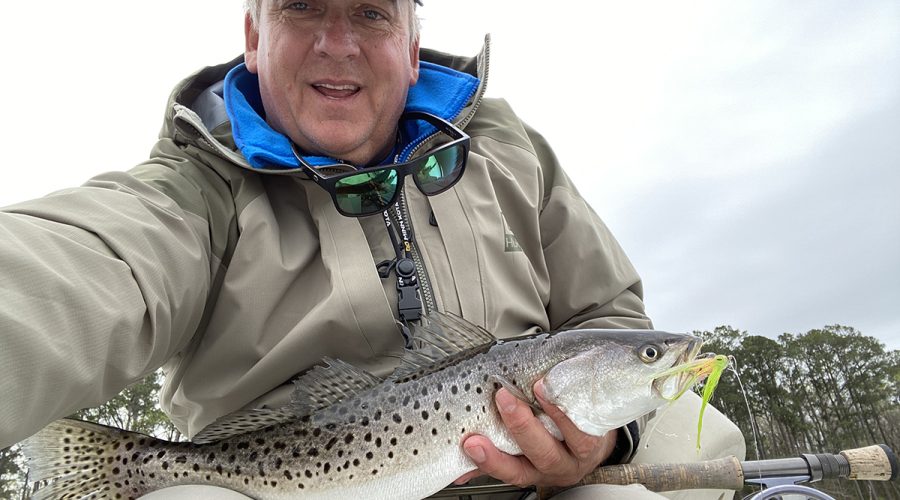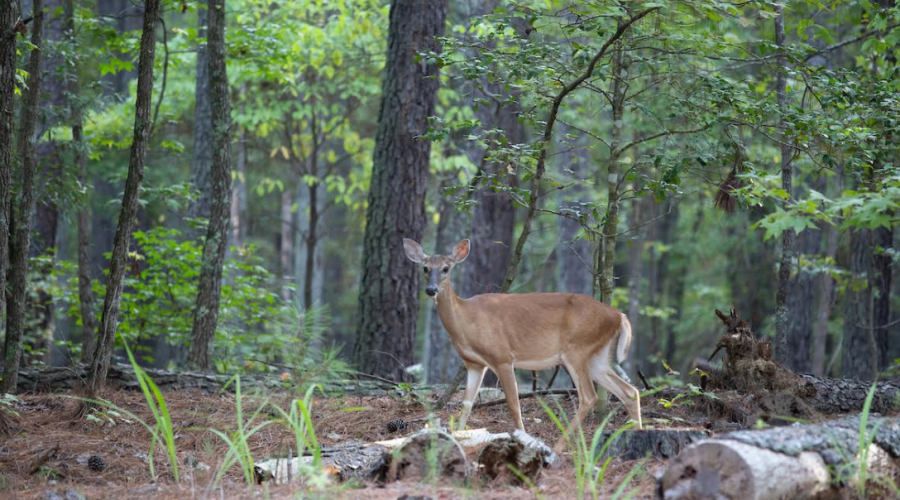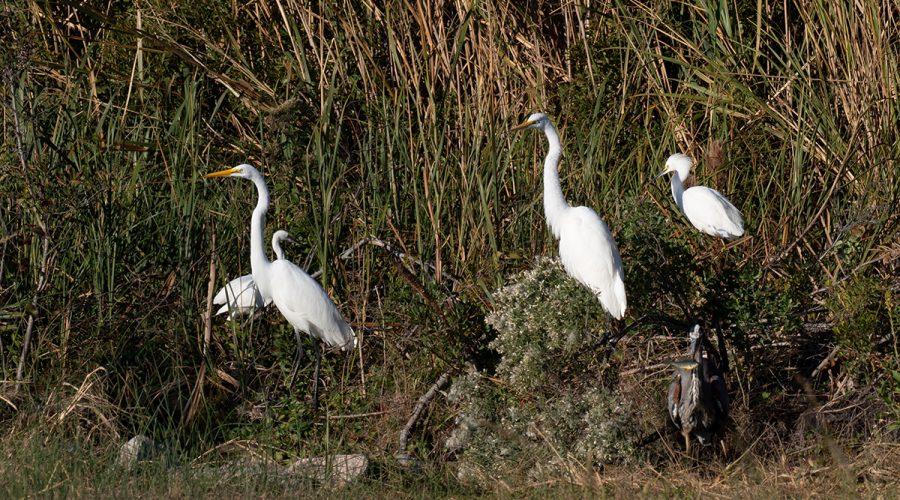Coastal geologist Dr. Stan Riggs will be at Core Sound Waterfowl Museum and Heritage Center this weekend to sign copies of his latest work, “Cape Lookout National Seashore: Paradigm for a Coastal System Ethic.”
Archives
Commercial fishers needed for fishing gear recovery project
The North Carolina Coastal Federation will accept applications until Dec. 12 from the commercial watermen and women who want to participate in the project to collect lost crab pots on the coast.
Pony Patrol marks three years of watchful eyes over herds
The third season for the persistently protective volunteers was off to a rough start with abandoned foals having to be removed from the herd, but summer turned around with a filly’s birth on Shackleford Island.
CRC to hear latest objection on proposed Jockey’s Ridge rules
Department of Environmental Quality Secretary Reid Wilson plans to address the Coastal Resources Commission during its meeting Nov. 19-20, when members will hear the most recent objection to proposed rules on Jockey’s Ridge designation.
New running club, town to host Duck Turkey Trot 5K Nov. 27
Organizers say the inaugural Duck Turkey Trot 5K set for Thursday, Nov. 27, is giving youth runners a new event, filling a void in the community, and bringing a beloved tradition back to the Dare County town.
Manufacture, use of plastics incur staggering societal costs
Duke University researchers have put into dollar figures the true costs to society of cheap plastic products: from $436 billion to $1.1 trillion annually.
Seafood dealers reminded to switch software by year-end
The North Carolina Department of Environmental Quality’s Division of Marine Fisheries reminds seafood dealers that they need to switch from the PC Trip Ticket Software Program to the new VESL software by the end of the year to report their transactions with fishermen.
Wilmington Council resolves to oppose Chemours’ expansion
The Wilmington City Council on Wednesday unanimously adopted a resolution opposing Chemours’ proposed expansion of its Fayetteville Works plant in Bladen County.
NOAA awards $529,000 to mariculture industry partnership
Recipients say the money will help build on more than a decade of collaboration among state agencies, industry leaders, the N.C. Coastal Federation, N.C. Sea Grant, and others to grow a thriving mariculture sector and coastal economy.
Fly fishing ’round here? Options abound for the well prepared
“Where do you do that ’round these parts?” The answer is almost anywhere, if you know when to get there, what to bring and how to use it. Capt. Gordon shares his tips.
Raleigh Civic Symphony to highlight red wolf conservation
The Raleigh Civic Symphony performance Sunday of composer Stephanie Ann Boyd’s “Carnival of the Nearly Extinct Animals” conducted by Peter Askim will feature the world premiere of a new movement honoring the endangered eastern red wolf population in northeastern North Carolina.
Port’s Cape Fear dredge project fails taxpayers, environment
Guest commentary: Deepening the Cape Fear River will only worsen flooding around the downtown Wilmington waterfront and the North Carolina Battleship site and lead to a substantial loss of vital wetlands and floodplains.
State to host meetings for charter, for-hire businesses
The North Carolina Department of Environmental Quality’s Marine Fisheries Division is hosting three meetings to cover relevant topics such as mandatory harvest reporting.
Deer in eastern county may have had chronic wasting disease
A deer harvested in Edgecombe County has preliminarily tested positive for the disease, which would be the states 35th confirmed case since 2022, the North Carolina Wildlife Resources Commission said Tuesday.
Coastal Counties Fisheries Coalition to hold third meeting
The group formed in opposition to a proposed but failed shrimp-trawling ban is scheduled to meet at 1 p.m. Wednesday in Morehead City.
Shorebirds flock to restored pond at Pine Island sanctuary
Staff at the Donal C. O’Brien, Jr. Sanctuary and Audubon Center in Corolla are crediting a recently completed habitat-restoration project with luring birds and wildlife back to a previously problem-prone pond.


